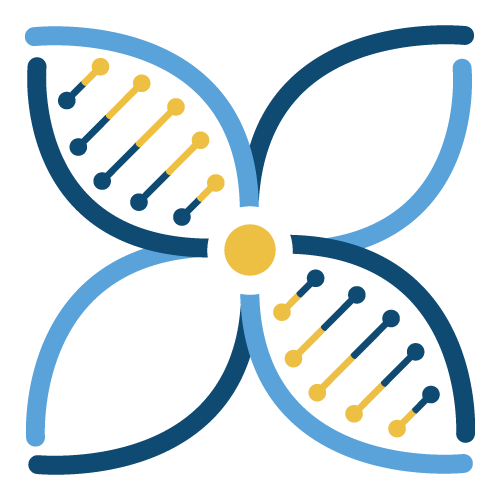The Bloom Syndrome Association is proud to announce three new seed grant awards that will support innovative research to improve understanding, care, and future treatment options for individuals living with Bloom syndrome. These projects, selected through a competitive scientific review process managed by the Orphan Disease Center at the University of Pennsylvania, reflect the BSA’s commitment to advancing research in collaboration with top institutions and scientists worldwide.
We are thrilled to introduce our 2024 BSA Seed Grant recipients:
- Dr. Vivian Chang (University of California, Los Angeles)
Project Title: Novel Approaches to Cancer Surveillance in Bloom Syndrome
Award Period: April 1, 2025 – March 31, 2027
Cancer is a major concern for individuals with Bloom syndrome, yet there are no established guidelines for effective surveillance. Dr. Vivian Chang, a pediatric hematologist-oncologist at UCLA, is tackling this gap by exploring novel, less invasive ways to detect cancer early. Her project draws on emerging “liquid biopsy” technologies – simple blood tests that may be able to detect cancer-related changes long before symptoms appear.
Inspired by successful protocols developed for Li-Fraumeni syndrome, another rare cancer predisposition condition, Dr. Chang’s long-term vision is to establish an international network for data and sample sharing to validate new cancer screening methods specifically for Bloom syndrome. If successful, this work could lay the foundation for safer, more accessible surveillance approaches that improve survival and quality of life.
- Dr. Richarda de Voer (Radboud University Medical Center, Netherlands)
Project Title: The Somatic Mutational Landscape Of Blm-Deficient Tumors: Finding Clues for Future Therapeutic Opportunities
Award Period: April 1, 2025 – March 31, 2027
Even with close monitoring, over 80% of people with Bloom syndrome develop cancer by age 40. However, treatment strategies remain largely based on protocols designed for the general population, which may not be optimal for individuals with DNA repair disorders like Bloom syndrome.
Dr. Richarda de Voer and her team at Radboud University Medical Center in the Netherlands are analyzing archived tumor samples from people with Bloom syndrome to better understand how these cancers form and evolve. By performing comprehensive genomic analyses and exploring the tumor immune landscape, the project aims to identify molecular features that could eventually lead to tailored therapies – bringing us one step closer to precision medicine for Bloom syndrome.
- Dr. Caroline Kuo (University of California, Los Angeles)
Project Title: An Evaluation of Gene Modification Strategies for Bloom Syndrome
Award Period: April 1, 2025 – March 31, 2026
Could gene therapy offer a future cure for Bloom syndrome? Dr. Caroline Kuo, an expert in gene modification at UCLA, is taking the first critical steps to find out. Her project is the first to evaluate whether gene editing technologies can correct the underlying defect in Bloom syndrome cells.
This foundational research will assess the feasibility of various gene modification approaches, laying the groundwork for future therapeutic strategies. While early-stage, this study represents a bold and exciting direction for the field – and for families who dream of long-term solutions.
These three grants were made possible through the generous support of donations from the Bloom syndrome community, as announced at our August 2024 Beyond Borders conference. We extend our deepest gratitude to the families, donors, and volunteers whose dedication fuels our mission.
We believe these projects mark important strides toward understanding the biology of Bloom syndrome and moving closer to better care and treatment options. We look forward to sharing updates as the work progresses. Stay tuned and thank you for being part of this journey!
